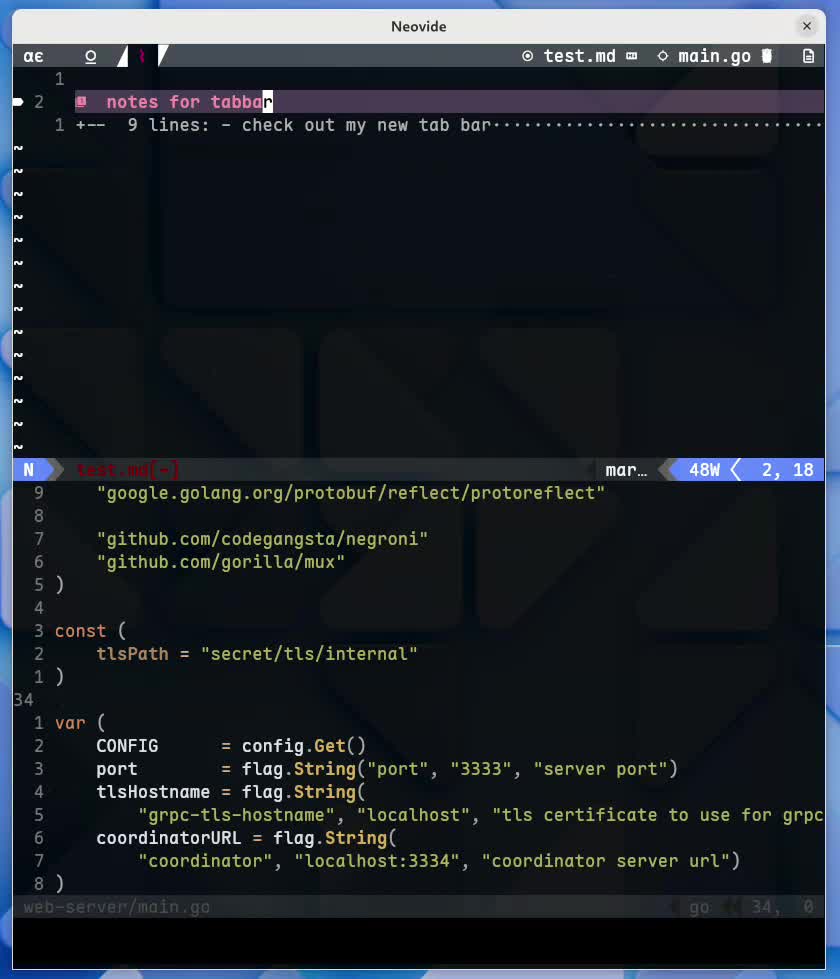

Are you high?
Why am I writing this post? Not because I hope for something or believe in change. These are just words. I could write this at the end, but then you would be looking for answers for me while reading, and I don’t need them. They won’t change anything.
So here it is. I don’t claim to be a software development guru or a C language expert. I’m just a simple developer.
What? People stopped using C because it takes forever to write. You’re still stuck adding null terminators to string arrays and stressing about memory leaks and overflows. Even the Linux kernel / Linux Torvalds are moving towards Rust. That’s evolution, and sometimes evolution is messy
Then the rest of your thing seems to be about how people shouldn’t make money from coding? That’s one of the most valuable skills of the information age, and you can become a millionaire in a decade doing it
Just contribute to open source if you want to do some “good deeds”










Yeah idk or maybe use the right tool for the job rather than joining cults